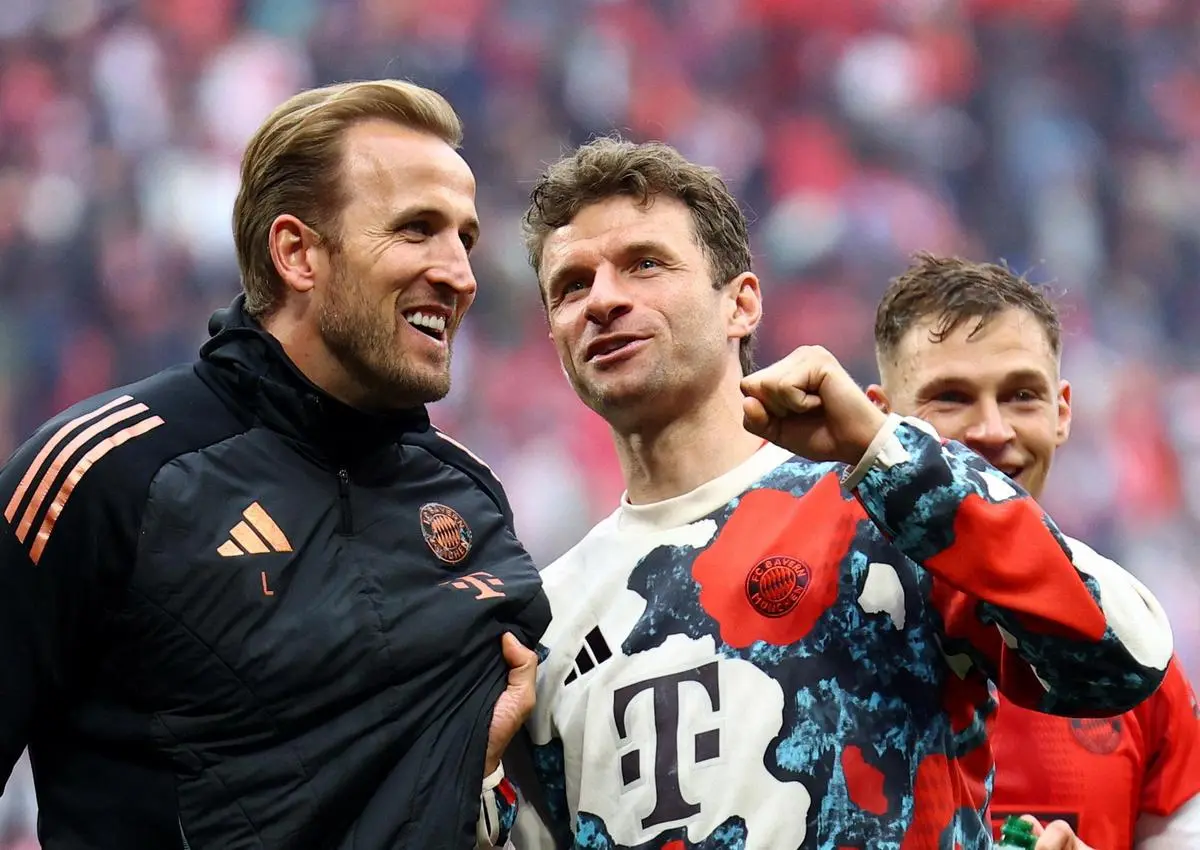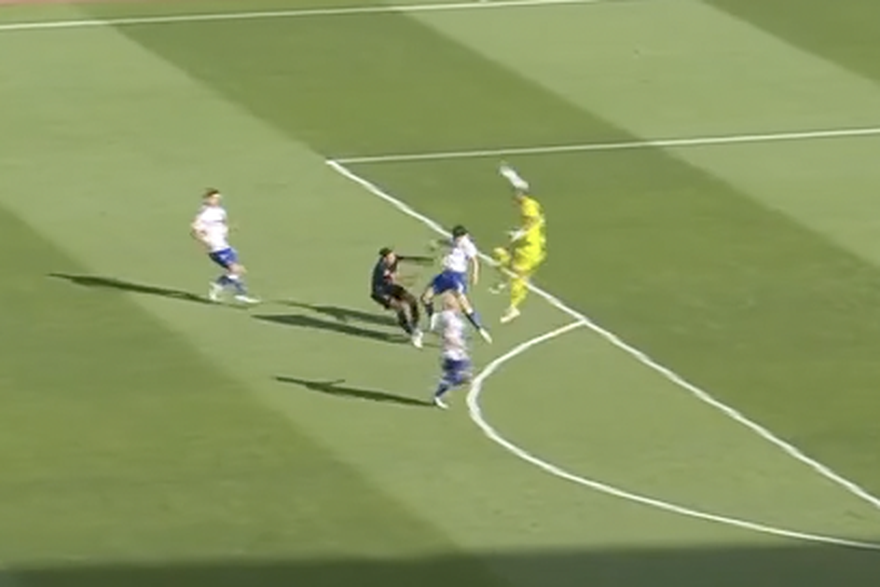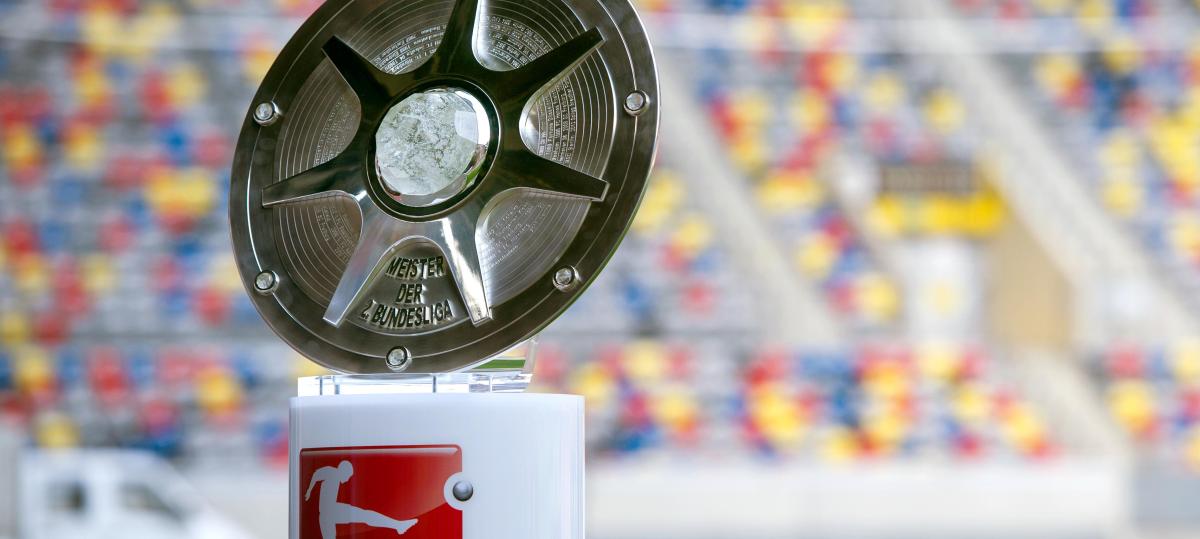In babies in crisis from crying with apnea: when the breath stops for a moment

Sometimes the baby becomes cyanotic and can lose knowledge for a moment. You don’t have to shake it or lift it: the instructions on what to do or not do. But it is not a « emotional spasm »
Everything happens in a few seconds, but for those who look they seem interminable. The child starts crying strong, then suddenly stops, It retains the breath, changes color – pale or cyanotic – and sometimes loses knowledge For a very short moment.
Are the so -called crisis crying with apnee, episodes concerning about the 3-4% of children between 6 and 18 months; Also called « emotional spasms », but for an incorrect belief (of which we will write below).
The description
« In general they can occur after a very intense cry that normally is caused by a frustration, pain or emotion – explains Dr. Nicola Specchiodirector of the complex unit of neurology epilepsy and disorders of the Bambin Jesus pediatric hospital movement, Rome -. From a clinical point of view, what happens is that after emitting a scream or a very acute cry in the exhalation phase, that is, when the child should inhale, this does not happen and consequently an apnea is observed. The child stops breathing for a few seconds because of a constriction of the laryngeal musculature and this prevents him from throwing out the air and therefore exhale – and continues the expert – and the apneas can be cyanoticthe face becomes bluish, or almost white, the so -called pale variant. Other clinical manifestations that occur in some cases are, for example, a stiffening of the musculature, a real increase in muscle tone. This phase has a rather short duration and after a few seconds a widespread hypotonia can be observed, that is, a significant reduction in muscle tone, so much so as to seem almost « abandoned » and at this moment you can have a very short loss of consciousness « .
In some cases you can also observe movements, sometimes rhythmic, that they remember the convulsionsand which are due to a temporary reduction in oxygen contribution to the brain. The baby cannot exhale and a negative pressure is created, an activation of the barocetors of the carotids and therefore there is a drop in blood pressure that determines the fainting. «Obviously they are not epileptic crises – the expert clarifies – these episodes they resolve spontaneously with growth Generally they tend to disappear 4-5 years of age without there are consequences ».
What to do
«The apneas last very little, it is one Matter of secondsbut for a parent it seems an infinite time – informs the expert -. The first thing to do is to try to keep calm and Don’t panic. It is useful to place the child on one side in order to prevent them from falling and ensuring that there are no obstructions for breathing. Due to abdominal contraction it is necessary to be careful that has no episodes of vomiting And above all that he has no object in his mouth ».
It is important that the parent observe carefully the episode, so that it can describe it in detail during the medical examination. If the episodes are repeated three or four times in a month A visit to the child neurologist. «In this case, a basic electrocardiogram is prescribed- explains mirror- and sometimes a blood sampling to evaluate iron, because children with low iron levels They are more likely to have these episodes and in case it is low an integration is prescribed to reduce their frequency « .
What not to do
« First of all, Don’t shake the baby: many parents take the baby in their arms and it they lift upwards, worsening Further the situation – informs Mirror – as the more the child is taken upwards, the more a difficulty there is a difficulty in the blood brain because a greater push of the blood is necessary upwards. Furthermore, nothing should be put in the good luck. Until the child does not recover it should not be given to him nothing to drink».
Is it a « emotional spasm »?
These are not voluntary episodes, the baby does not voluntarily do it and therefore there is nothing tied to the whim or the will. « The child has a problem in exhalation and therefore cannot correctly regulate breathing. »
«Some people think these events are the result of a will of the child to hold back the breathbut this is not the case – and concludes mirror – these events must be called apnea from crying, so the correct denomination is crisis by crying with apnea ».








